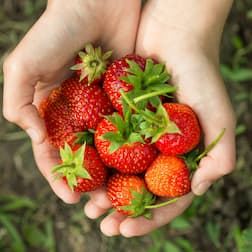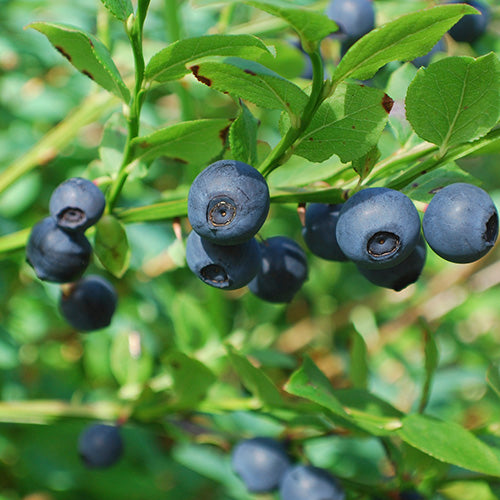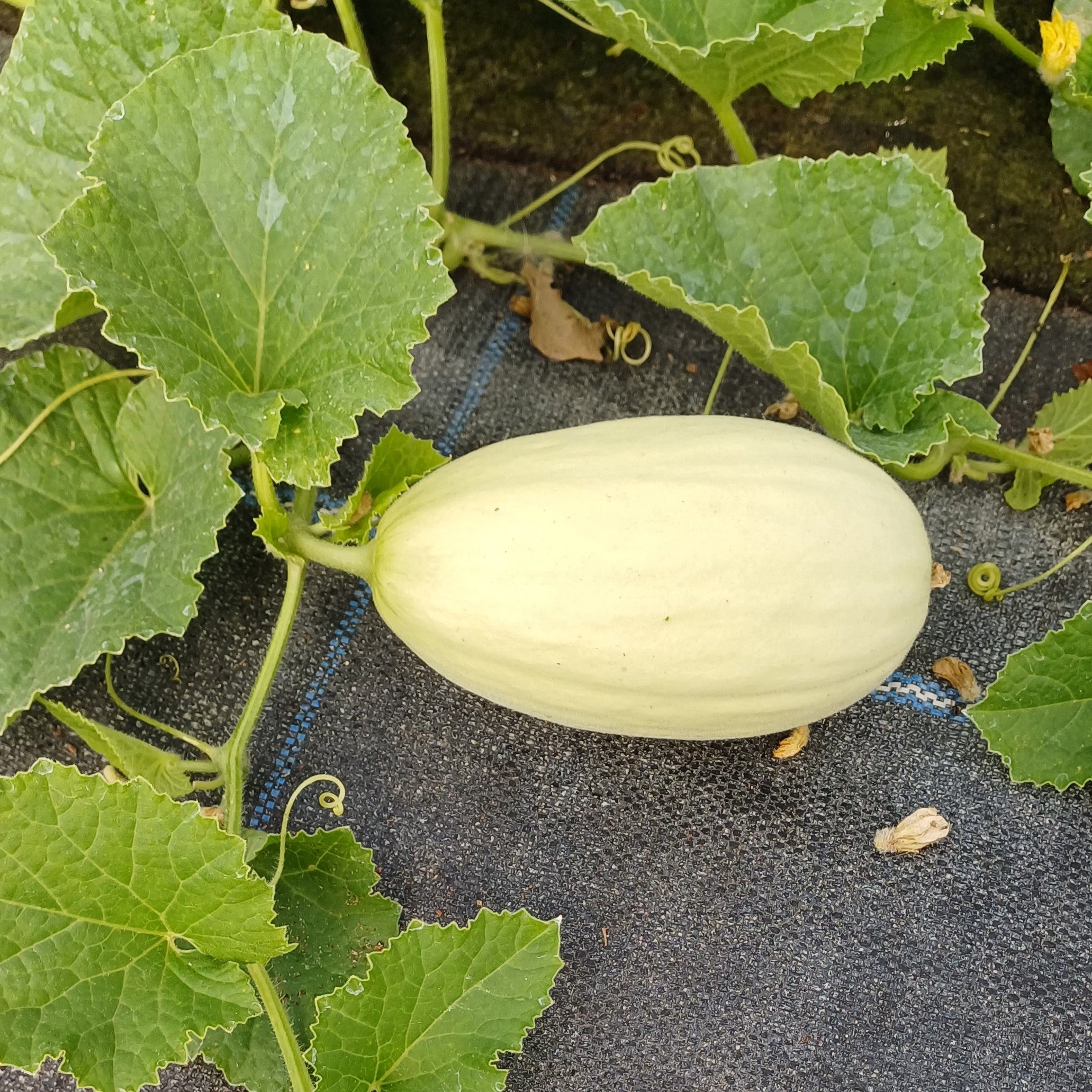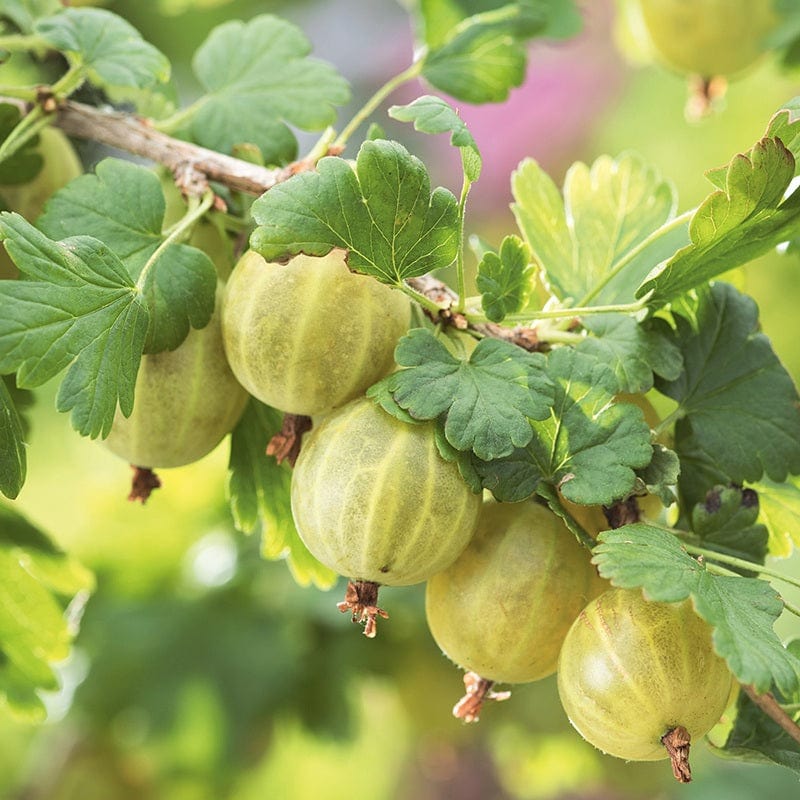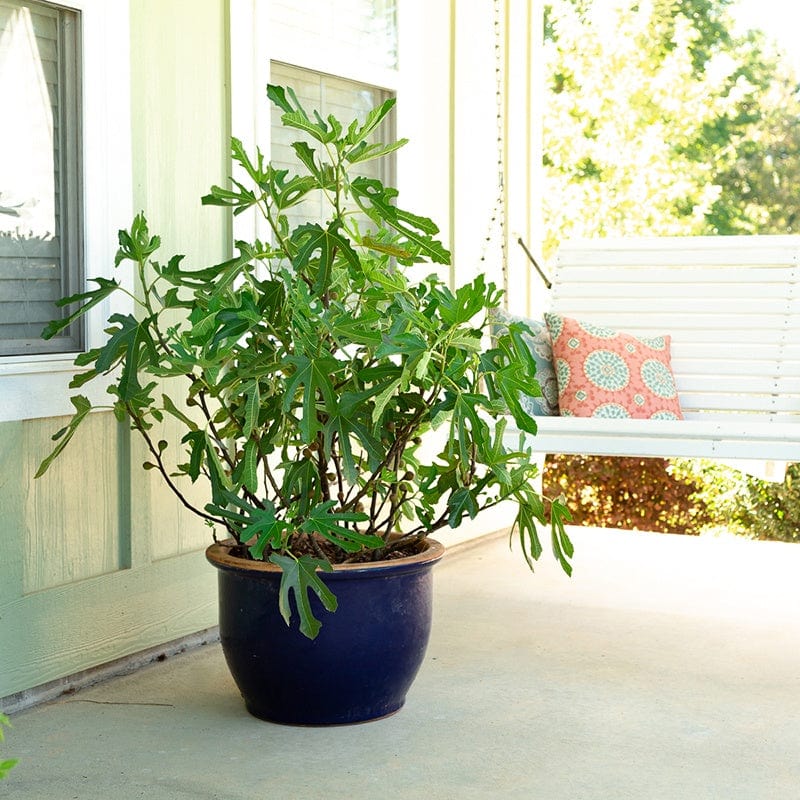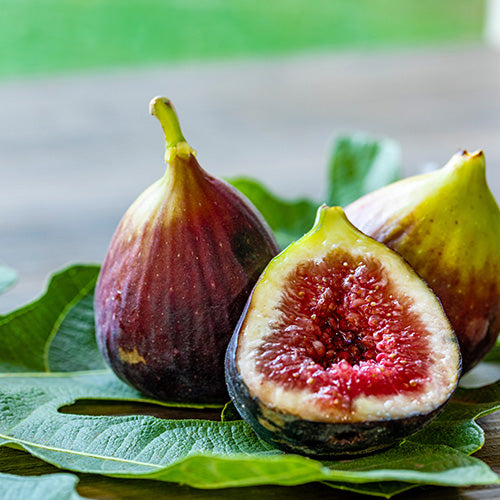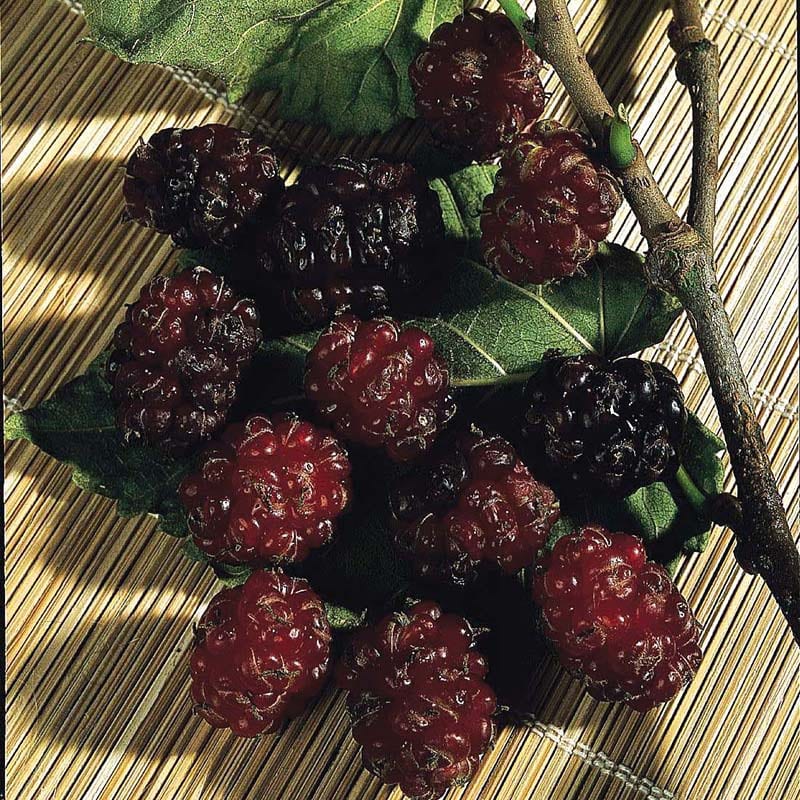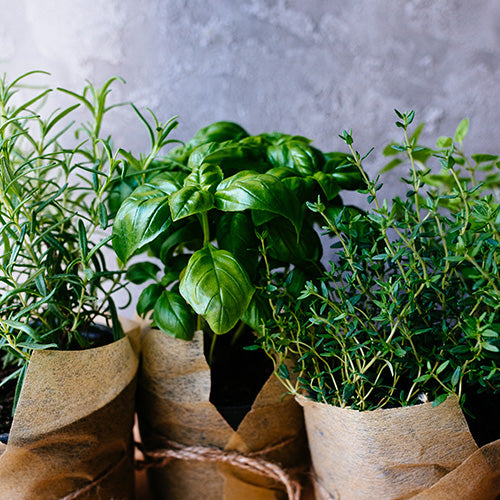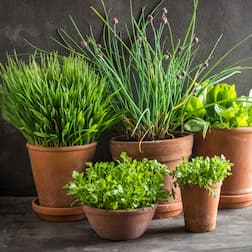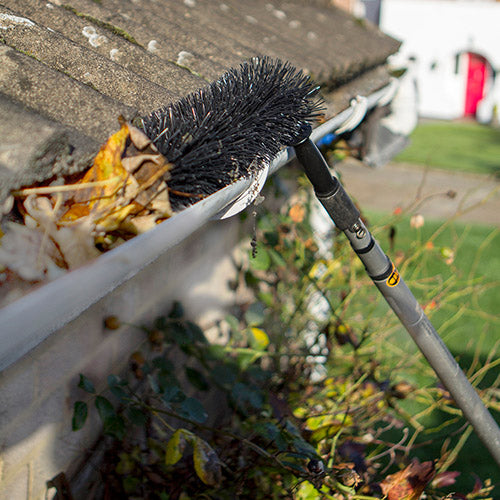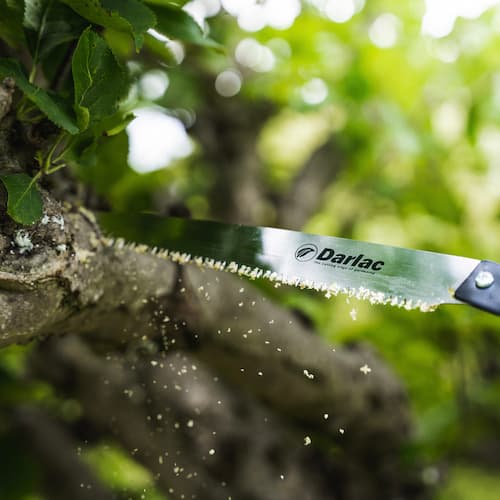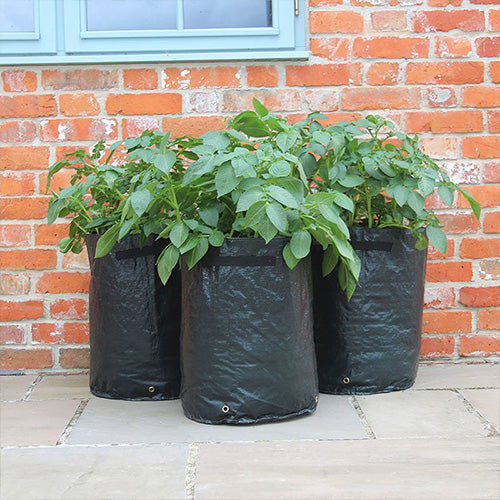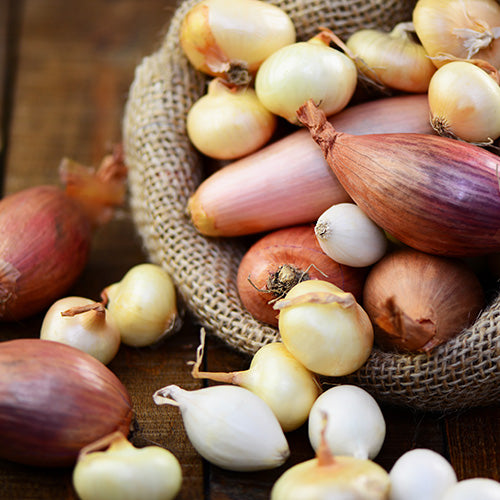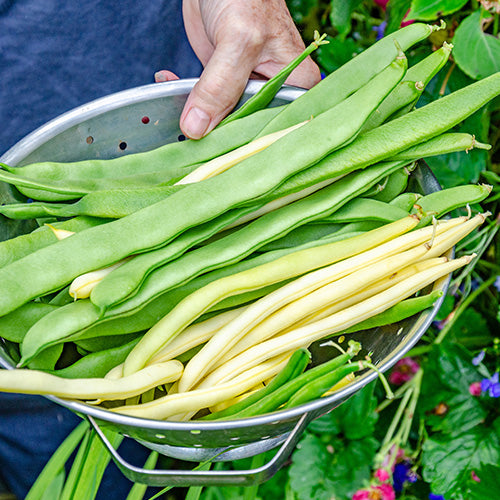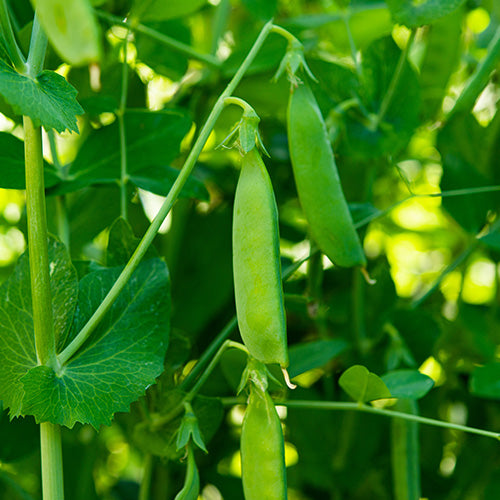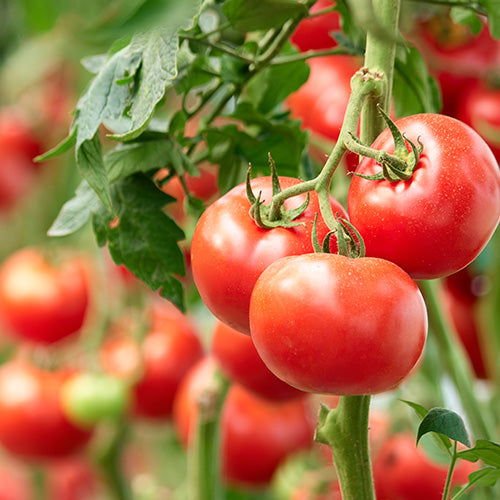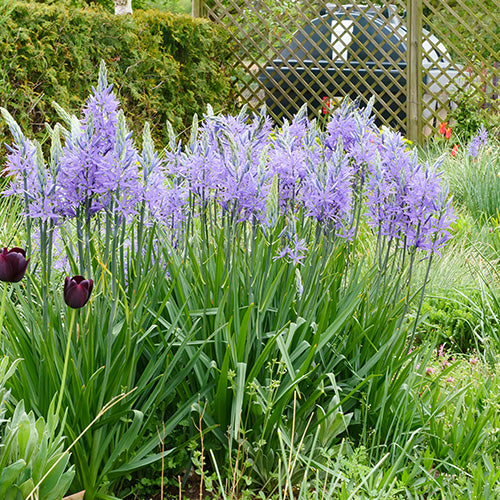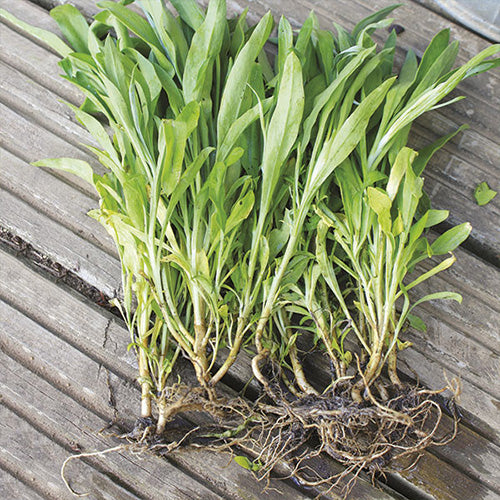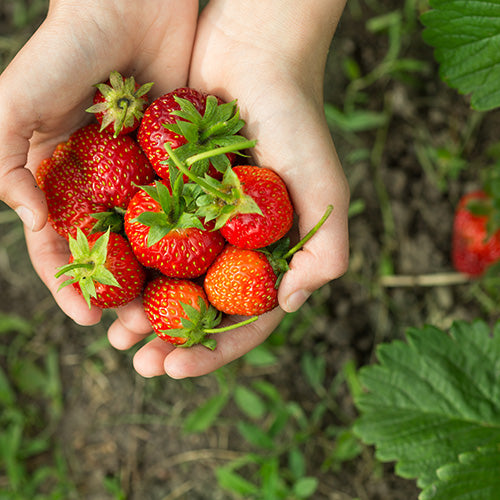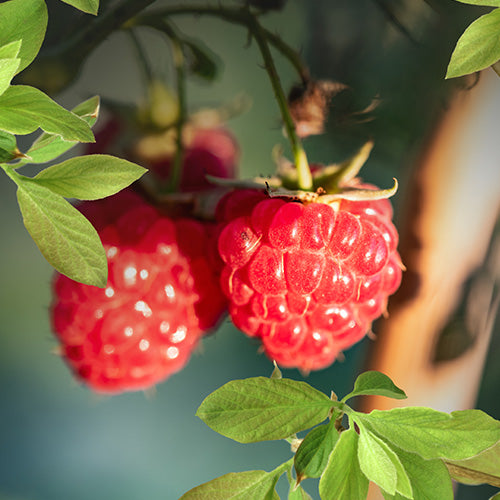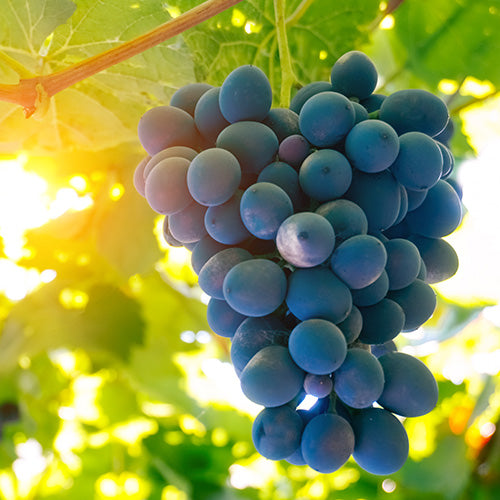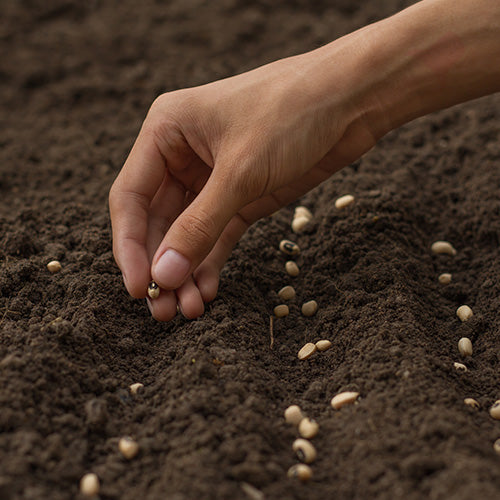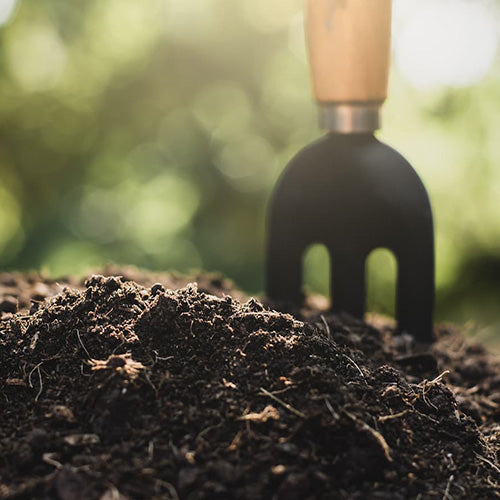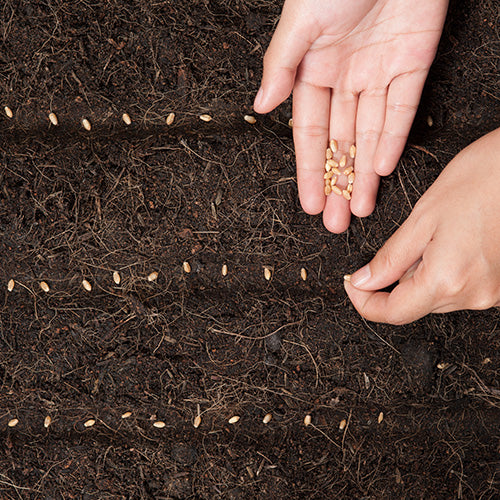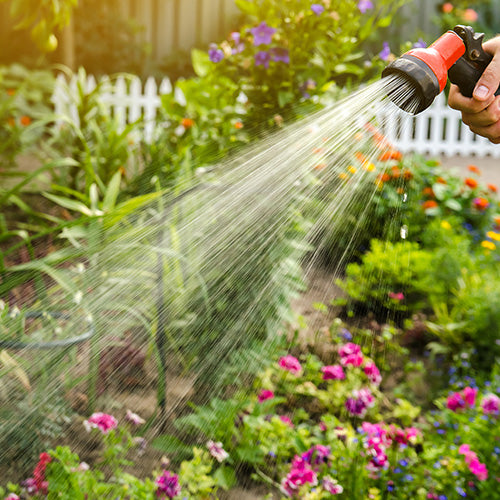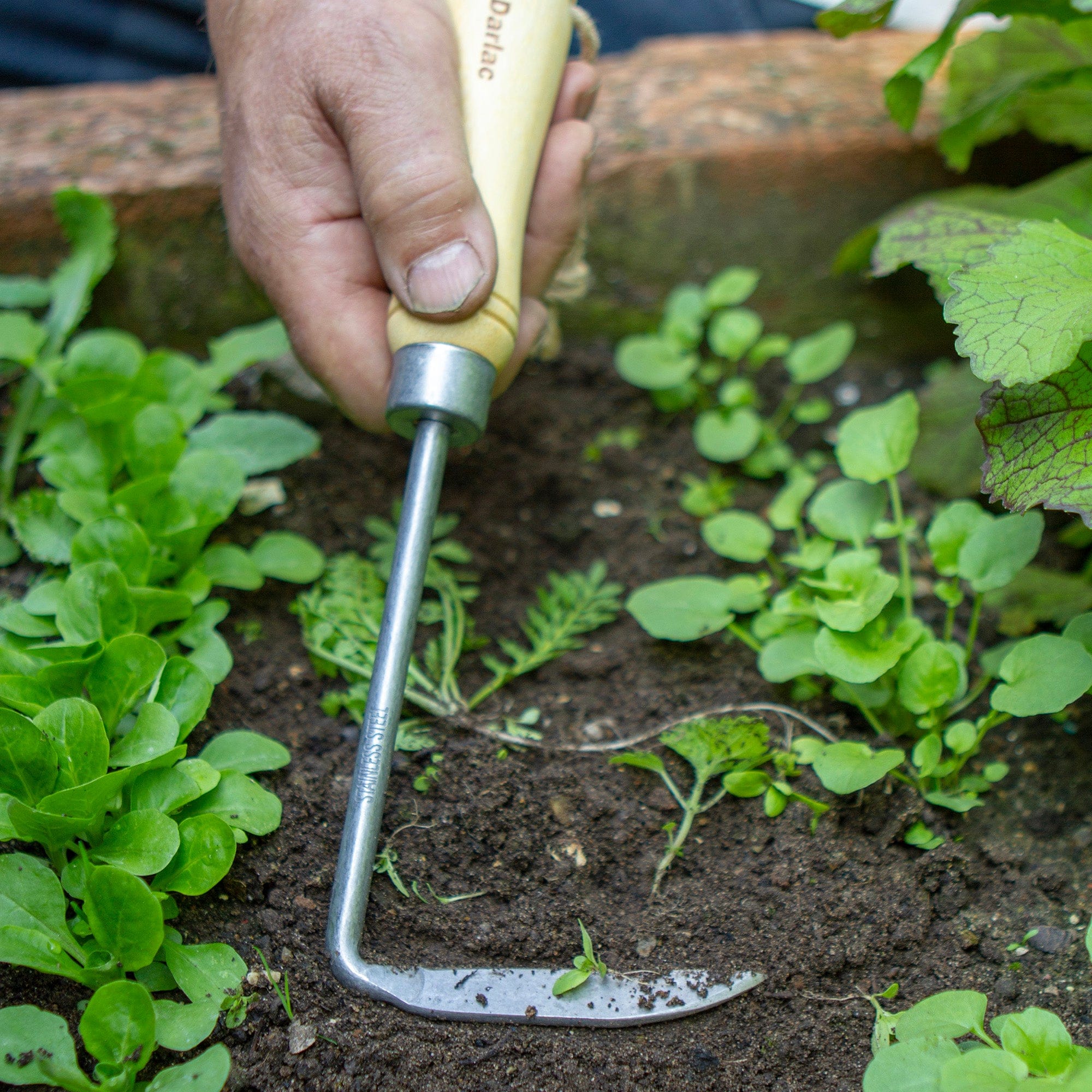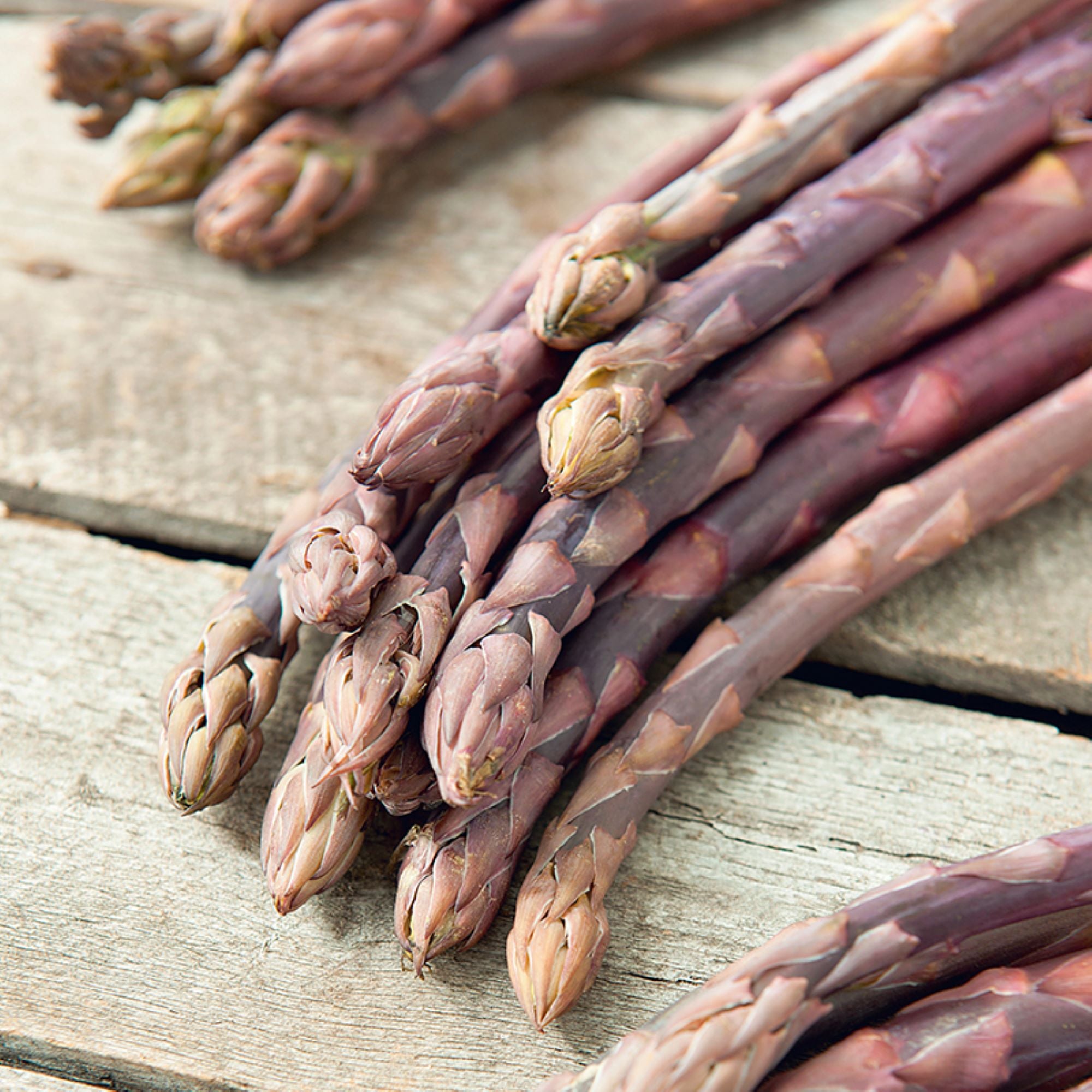
Asparagus Crowns
Even a small asparagus bed is a worthwhile investment, it will reward you with succulent spears for up to 20 years. It is also much easier to plant and grow than many people think! Full planting and care instructions are included with every order. Despatch from late March.
Our new range consists of modern F1 hybrids which are tried and tested and well suited to our UK climate as well as all having excellent disease resistance. We supply freshly harvested large A grade crowns, larger than the commonly sold smaller grade. A good crown and a well developed root system is important for future success.
Spring planting of asparagus is much more beneficial to the plant and future cropping than in the autumn and we now only recommend planting at this time. During the summer the fern collects nutrients, as this dies in the autumn the stored nutrients go down into the crown, making it larger and full of energy in readiness for the spring. By disturbing this process and lifting and replanting in the autumn, you effectively destroy this process and in the spring the crown needs to start collecting nutrients again, therefore causing growth that will be thin and weak.


